New Resource Available!
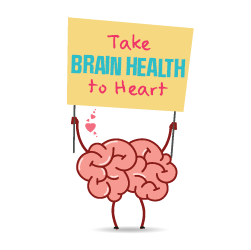
We all want to stay healthy and independent as we get older. Some health choices that you make now can help reduce your risk of cognitive decline. Cognitive decline refers to the gradual loss of mental abilities, such as thinking, learning, and remembering.
To see different ways to reduce risk of cognitive decline, click on the topics below:
The Heart and Brain Connection
 |
|
Strong Body and Healthy Diet
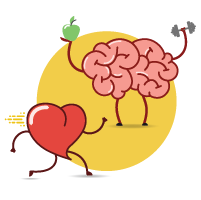 |
|
Quitting Smoking
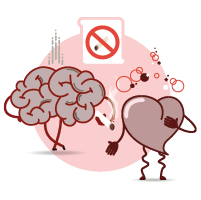 |
|
Avoiding Social Isolation
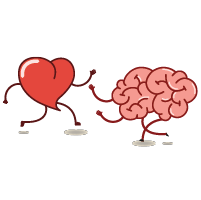 |
|
Head Protection and Brain Injury Prevention
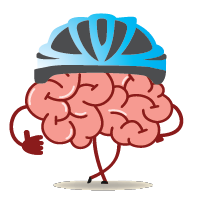 |
|
Other Ways to Protect Your Brain
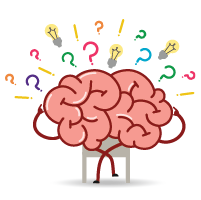 |
|
Resources
DPH
- Alzheimer's Disease
- Diabetes
- Heart Disease
- Prevent Falls
- Nutrition
- Physical Activity
- Subjective Cognitive Decline and Caregivers Infographic (pdf)
- Take Brain Health to Heart Brochure (pdf)
- Tobacco Cessation
- Traumatic Brain Injury
External
- Alzheimer's Association - 10 Healthy Habits for Your Brain
- Alzheimer’s Association - South Carolina Chapter
- Alzheimer’s Association - Alzheimer’s in South Carolina
- Alzheimer’s Association - U.S. POINTER Study
- Alzheimer’s Association - U.S. POINTER Brain Health Recipe Infographic (pdf)
- ASTHO - Healthy Aging and Brain Health
- CDC - Brain Health As You Age Toolkit (pdf)
- CDC - Healthy Brain Initiative
- GetCareSC – Find a Service Provider
- NIH - Healthy Aging and Dementia Educational Resources
- SC Alzheimer’s Disease Registry
- SC Department of Aging - Dementia Toolkit (pdf)
- SC Department of Aging - Family Caregiver Support
Citations
- https://pmc.ncbi.nlm.nih.gov/articles/PMC9995915/#B38
- https://www.alz.org/getmedia/6f98bd17-2a6d-4b70-9785-8504a26c16b3/south-carolina-2019-cog-brfss-fact-sheet.pdf
For more information on DPH’s Take Brain Health to Heart initiative, please contact BOLD@dph.sc.gov.
Tags
Take Brain Health to Heart

